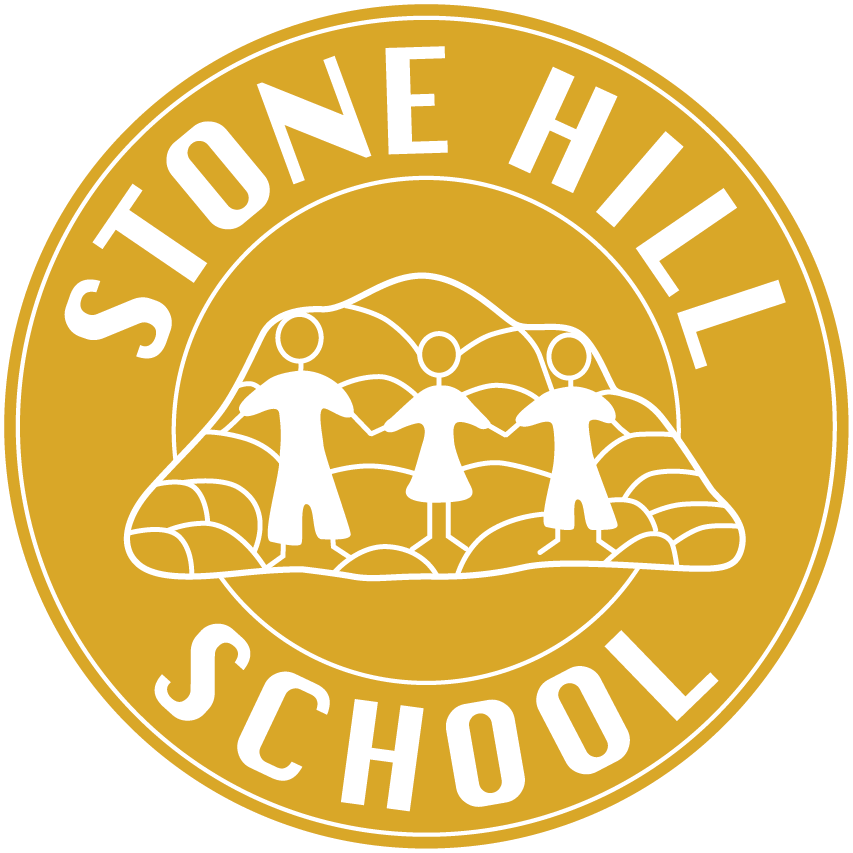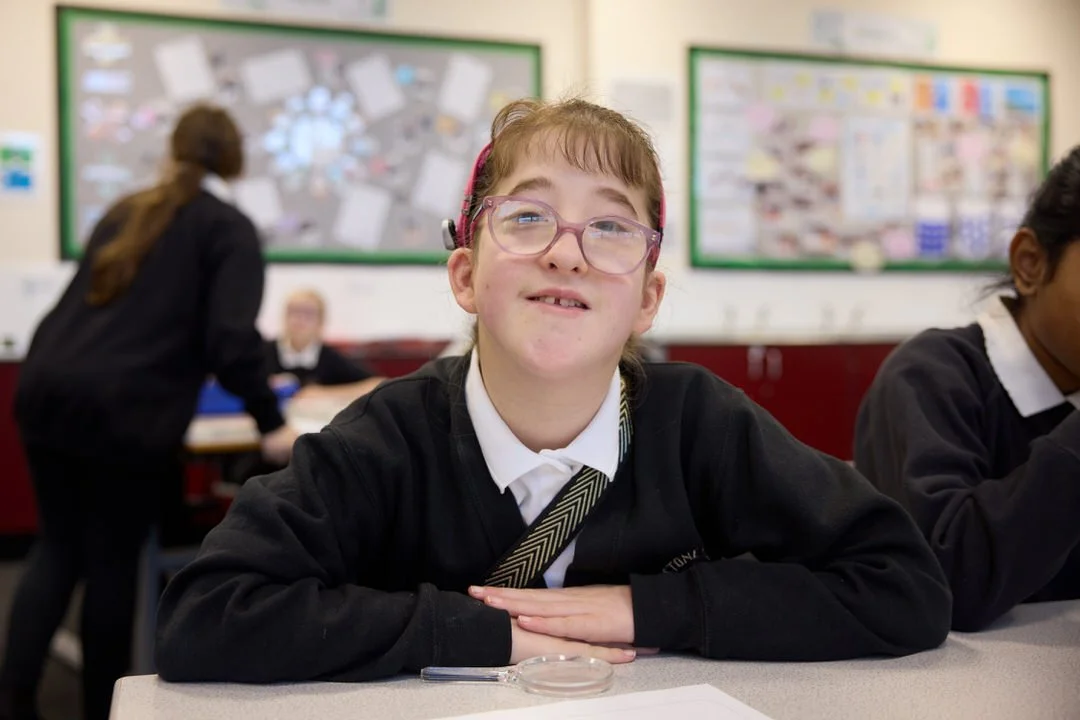Key Stage One
Pupils will encounter religions and world views through special people, books, times, places and objects. They will visit a place of worship. Pupils will listen to and talk about stories. They will explore subject specific vocabulary. The five senses will be used to explore beliefs, practices and forms of expression. Pupils will ask questions and reflect on feelings and experiences. Imagination and curiosity will lead to an appreciation and wonder at the world in its current state. The RE curriculum at this stage is not formally assessed but will provide experiences and building blocks for later development. Learning takes place through hands on activities.
Key Stage Two
RE at this stage will engage pupils in systematic enquiry, into significant human questions which religion and worldviews address. Pupils develop the understanding and skills needed to appreciate and appraise varied responses to these questions, as well as develop responses of their own. They will become familiar with religious stories. Pupils will listen to a range of religious stories. They will start to be able to recall some information from the stories they have listened to. Pupils will become familiar with religious role play. Pupils will have had the opportunity to think about their own lives, what is important to them and how this could link to religion.
Key Stage Three
Pupils will deepen their knowledge and understanding of religions and worldviews, recognising their local, national and global contexts. They will use subject specific vocabulary. They should raise questions and begin to express their own views in response to the material they learn about and in response to questions about their ideas. Pupils will be able to use simple words and phrases, recognise some religious symbols, recall a simple religious story, identify any personal religious experiences and explain things they find important.
Pupils will have a developing confidence in recognising different symbols and artefacts. They will start to question and recall why these are important.
Pupils will share their knowledge, thoughts and feelings with their peers and staff. Some pupils will begin to draw similarities and differences between religions. By this stage, pupils will start to offer their opinions on the topic they study. When reading religious texts pupils will be able to explain what they have read. Some pupils will be able to use a religious quote from a text to support a point they make.
At the end of Key Stage 3 pupils will be confident in explaining their own beliefs and values as well as those of others.
ASDAN (Bronze, Silver, Gold) Personal Development (Module 12 Beliefs and Values)
Pupils will:
Interview those with a religious faith and those with none.
Think of their own questions to ask and record answers independently.
Think about their own personal beliefs and share these with another person.
Consider why a person belongs to a particular faith.
Visit a place of worship and reflect on past knowledge and experience. Take photographs of symbols, sacred items and advertisements for events. Annotate evidence with knowledge and independent research.
Visit more than one place of worship in order to allow for comparison.
Explore Human Rights. Explore countries signed up to the Human Rights Act. Gather evidence of what this looks like for example, photographs of educational institutions. Research examples of countries where citizens are not protected, with examples.
Find out how religion is affecting world events.
Plan how to manage resources in a disaster.
Write and give a speech about and religious viewpoint.
Design a religious festival calendar.
Complete an in depth study in to one religion. Reflect on past knowledge and experience to decide on a religion in which they will carry out an in depth study which will include:
Place of worship
Ceremonies
Sacred items
Symbols
Sacred text, exploring key stories with morals.
Festivals
Charities
When pupils leave Stone Hill School they will be familiar with different religions and cultures. They will respect people from all backgrounds. Pupils will treat everyone equally. They will have a greater understanding of the diverse world we live in.
Please click the link below to download the Curriculum map
Long term plans available on request
The RE curriculum within our school aims to be inclusive. We have a duty to inform parents that they have the right to choose whether or not to withdraw their child/ren from taking part in the RE curriculum. At Stone Hill we ensure that parents or carers are aware of the educational objectives and content of the RE syllabus. In this way, parents can make an informed decision.

